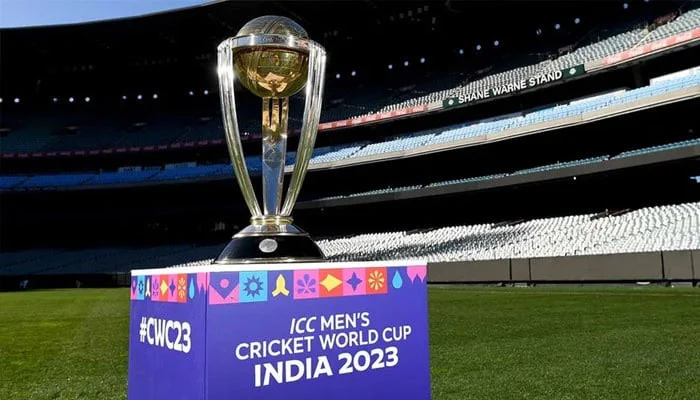There is growing concern over the potential formation of two separate hockey federations in Pakistan, as the sport faces challenges both on and off the field. The issue arose initially with competing claims for the position of secretary, but has since escalated with rival candidates vying for the presidency as well.
Rather than focusing on the development of national hockey, there is a worrying trend towards division within the sport. While the national team is in dire need of support, players are facing financial hardships, with some deprived of their salaries for eight months. Meanwhile, the looming prospect of two hockey federations further complicates the situation.
Initially, two contenders emerged for the position of secretary: Haider Hussain and Rana Mujahid. Both individuals sought separate meetings of the Congress to assert their claims. However, the situation took a new turn when both candidates sought to nominate their own candidates for the presidency.
The Congress was convened to enable the election of a president, with former Prime Minister Anwar Haq Kakar proposing Tariq Bagati for the presidency. Bagati was expected to receive the vote of confidence from the Congress. However, the unexpected absence of Tariq Bagati from the meeting led to a significant development.
In his absence, members of the Congress unanimously elected Shela Raza, a senior leader of the Pakistan Peoples Party, as the consensus candidate for the presidency. This move marked a departure from the original plan proposed by the Haider Hussain group, signaling a shift in the balance of power within the federation.
The Haider Hussain group initially claimed that 54 out of 64 Congress members were present at the meeting. However, just a day later, on March 21, the Rana Mujahid group also convened a Congress meeting in Islamabad. In this meeting, Tariq Bagati announced his participation and expressed his intention to seek the presidency.
The separate meetings called by both groups for the nomination of candidates for secretary and president underscore the deepening divide within the federation. The exact number of members in each Congress remains uncertain, as individuals previously sidelined are now claiming membership and seeking recognition within the federation.
The Pakistan Sports Board finds itself aligned with the Rana Mujahid group, while the Haider Hussain group enjoys the backing of the Pakistan Olympic Association. The situation is further complicated by the existence of multiple sports federations in the country, each representing a different sport and its athletes.
The potential formation of two hockey federations not only threatens to exacerbate existing challenges but also risks undermining the progress made in the sport. As the players continue to bear the brunt of administrative turmoil, the need for unity and concerted action within the hockey community becomes increasingly apparent.



